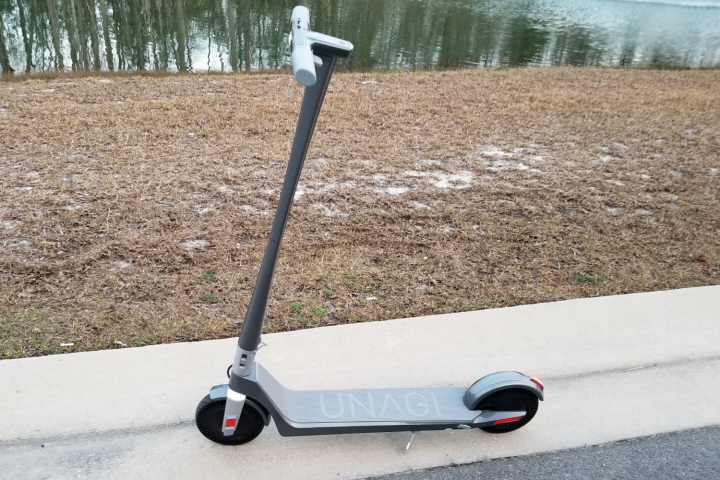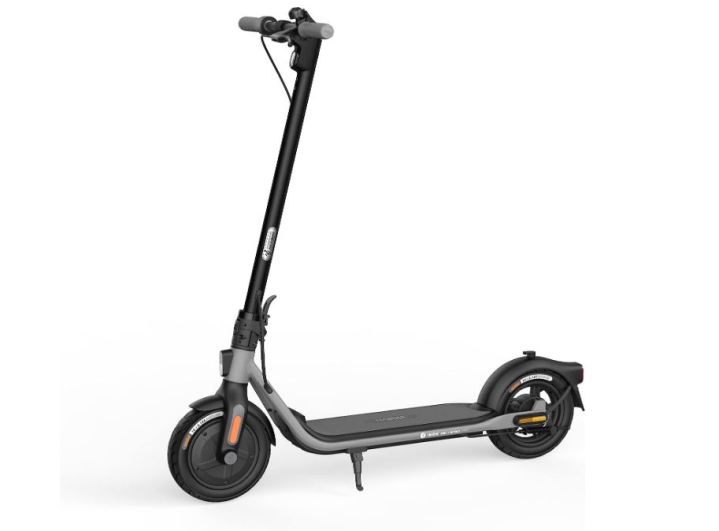If you’re feeling the need to zoom around your neighborhood or city, but an electric bike is a bit much for you, then you should seriously hop on an electric scooter. And with these deals, which are part of the larger scene of October Prime Day deals going on right now, you can do so at an affordable price. We’re seeing scooters that should cost nearly a $1,000 drop way closer to the $500, for instance, and have found at least one great way to get you on a scooter for under $20.
These are the best scooter deals you can shop at the moment:
Unagi E500 Electric Scooter (Rental)— $19, was $59

If you want an electric scooter that’s made for an urban environment, you probably want the Unagi E500. It’s got a slim profile and single-button folding mechanism, making it ideal for tucking under your desk at school work. Our Unagi E500 review also highlights this electric scooter’s fine-tuned controls, making both speeding up to the 17 mph max speed and braking a lot more comfortable than the typical fare. This deal covers the first month (and possibly up to 3 months, if you talk to Unagi, according to customer reports) of rental. Thereafter, the monthly lease will return to $59. Please note that you can cancel your lease at any time, insurance is covered, and repair servicing is free.
Segway F30 Electric Kick Scooter — $450, was $650

You’d be entirely excused for associating the Segway brand with mall cops if their electronic scooters weren’t so good these days. The F30 Electric Kick Scooter tops out at a cool 15.5 mph and has an 18.6 mile range. We like this scooter for its ability to knock out 15-degree slopes, its three modes that include an eco-friendly riding mode, its ability to quickly fold in on itself, and the LED lighting that helps you see and others see you. Another nice thing about this scooter is how it takes the energy from braking and recycles it back into your scooter, making your power hold over for just that much longer. The Segway F30 also has Bluetooth connectivity to track riding stats and a quick-fold system to make storage and car transport a snap.
Segway Ninebot D40X Electric Kick Scooter — $525, was $850

If you like the idea of scooting, but want to take a seat here and there, the Segway Ninebot D40X is the ride for you. It actually includes an additional seat attachment (tap the button below to see it) that you can put on the scooter when you want it. The Ninebot D40X has an operating range of 23.6 miles and a top speed of 18.6 mph. It can handle 20-degree slopes. We particularly appreciate its Bluetooth security lock so nobody can speed off with it when our heads are turned.
NIU KQi3 Pro Foldable Electric Kick Scooter — $559, was $799

The NIU KQi3 Pro is designed to make a lengthier commute on an electric scooter more reliable and more comfortable. It has a 20 mph top speed and can handle trips up to 31 miles. Its 350W rear wheel drive can handle 20 degree inclines. You’ll enjoy the 21.3-inch handlebar and wide deck. Other features of the NIU KQi3 Pro include power regenerative braking alongside app-based stat tracking and locking.



